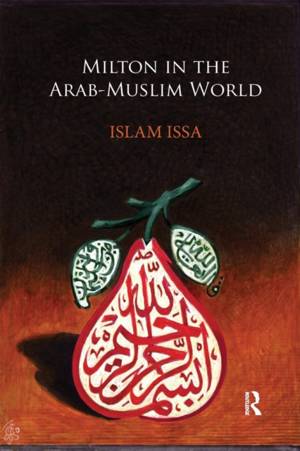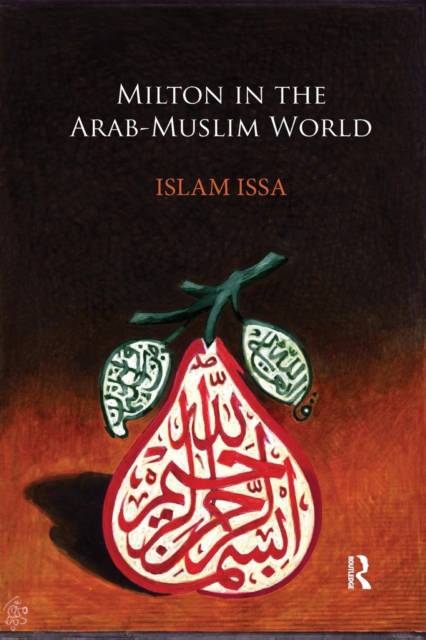
Je cadeautjes zeker op tijd in huis hebben voor de feestdagen? Kom langs in onze winkels en vind het perfecte geschenk!
- Afhalen na 1 uur in een winkel met voorraad
- Gratis thuislevering in België vanaf € 30
- Ruim aanbod met 7 miljoen producten
Je cadeautjes zeker op tijd in huis hebben voor de feestdagen? Kom langs in onze winkels en vind het perfecte geschenk!
- Afhalen na 1 uur in een winkel met voorraad
- Gratis thuislevering in België vanaf € 30
- Ruim aanbod met 7 miljoen producten
Zoeken
Omschrijving
The first full-length study of the reception of John Milton's (1608-74) writings in the Arab-Muslim world, this book examines the responses of Arab-Muslim readers to Milton's works, and in particular, to his epic poem: Paradise Lost. It contributes to knowledge of the history, development, and ways in which early modern writings are read and understood by Muslims. By mapping the literary and more broadly cultural consequences of the censure, translation and abridgement of Milton's works in the Arab-Muslim world, this book analyses the diverse ways in which Arab-Muslims read and understand a range of literary and religious aspects of Milton's writing in light of cultural, theological, socio-political, linguistic and translational issues. After providing an overview of the presence of Milton and his works in the Arab world, each chapter sheds light on how cultural and translational issues shape the ways in which Arab-Muslim readers perceive and understand the characters and motifs of Paradise Lost. Chapters outline the ways in which the figures are currently understood in Milton scholarship, before exploring how they fit into the narrative drama and theology of the poem, and their position in Islamic creed and Arab-Muslim culture. Concurrently, each chapter examines the poem's subject matter in detail, placing particular emphasis on matters of linguistic, theological and cultural translation and accommodation. Chapter conclusions not only summarise the patterns and potentialities of reception, but point towards the practical functions of Arab-Muslim responses to Milton's writing and their contribution to the formation of social ideas.
Specificaties
Betrokkenen
- Auteur(s):
- Uitgeverij:
Inhoud
- Aantal bladzijden:
- 264
- Taal:
- Engels
Eigenschappen
- Productcode (EAN):
- 9780367177614
- Verschijningsdatum:
- 17/01/2019
- Uitvoering:
- Paperback
- Formaat:
- Trade paperback (VS)
- Afmetingen:
- 156 mm x 234 mm
- Gewicht:
- 403 g

Alleen bij Standaard Boekhandel
+ 192 punten op je klantenkaart van Standaard Boekhandel
Beoordelingen
We publiceren alleen reviews die voldoen aan de voorwaarden voor reviews. Bekijk onze voorwaarden voor reviews.









